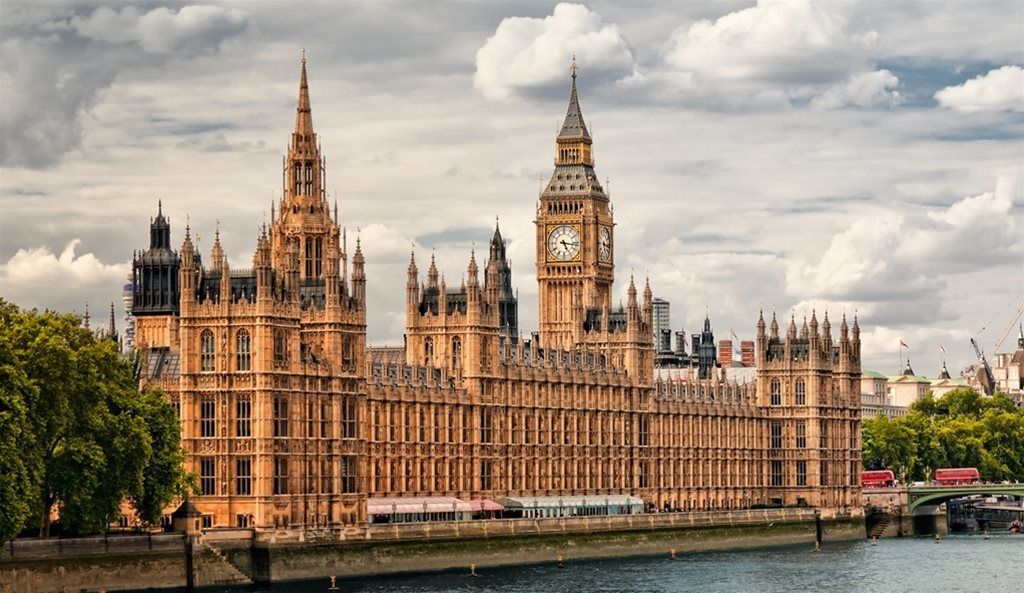House Of Lords Debate The Current Fire Safety Regulatory Landscape
Source: Fire Protection Association
House Of Lords Debate The Current Fire Safety Regulatory Landscape
On 14 December 2023, members of the House of Lords debated the current state of England’s fire safety regulations, putting forward the case for a new integrated review and update of fire safety guidance.

The debate saw key representation from the All-Party Parliamentary Fire Safety and Rescue Group (APPG) and the Local Government Association (LGA), with Lord Goddard of Stockport, an APPG member and part of the Greater Manchester Fire and Rescue Authority, speaking on the implementation of the new building safety regime in light of the Grenfell Tower fire, the newly appointed powers of the Building Safety Regulator (BSR), and the further regulations that could be expected in April 2024. He noted the lack of clarity around certain fire safety elements, which came down to “fragmentation” and the continued “overlap of grey areas in government departments”, calling for greater integration in the government.
The government’s prioritisation for fire safety in buildings over 18 metres, which did not outline similar measures for schools, new care homes, or hospitals, came in for criticism. Lord Coaker noted that although sprinklers were a requirement in certain buildings, “many of us find it very difficult to understand why you would not put sprinklers in new care homes, hospitals, or schools.
“What is the Government’s rationale for their policy on sprinklers in both new and old buildings?”
The debate also considered the increasing resource and financial pressures faced by local councils to implement fire safety measures under the BSR’s new regime. Lord Tope stated: “Local authorities are facing an increasingly complex regulatory environment, with a multitude of changes and different regulators. Alignment between regulatory bodies must be central to developing new regulatory practice and requirements.
“The building safety regulator charging regime will put significant additional financial pressure on local authorities, particularly those with a high number of complex buildings.”
A key part of the debate was also dedicated to the “emerging, life-threatening danger” of lithium-ion batteries, with Baroness Brinton calling for the registration of such batteries. She also raised the issue of out-of-date regulations, stating that “There is no doubt that some progress has been made, but as we are already hearing in this debate, there are still some gaping holes.
“One of the most urgent things that has not been discussed so far is the updating of Approved Document B, part of the building regulations guidance. It is very out of date. Not one of the government fire-risk assessment guides has been revised since its publication in 2006.”
The discussion of additional fire safety concerns not covered by the government’s latest regulations, such as compartmentation, saw Lord Hendy state: “The whole issue of compartmentation, as a building principle, needs to be looked at again, because it is not good enough to simply have a guarantee that the compartment will withstand fire when it is built. Since the building will be standing for the next 50 or 100 years, there has got to be some guarantee, or some means adopted, to check that the compartment will still withstand fire over the intervening years.”
Lord Goddard, who put forward the debate, remarked: “History tells us that with fire, legislation normally follows disasters and subsequent inquiries bring recommendations from the Woolworths fire in Manchester, the King’s Cross disaster, Grenfell Tower, and numerous train accidents. This cannot be a coherent way to determine fire safety policy. We must integrate fire in one place, where all the standards and policies will be made and where one person will be held accountable. It needs specialist advisers who will not necessarily tell the Minister what he wants to hear, but what he needs to hear.”
Baroness Brinton noted that even with the present challenges, many fire safety professionals were eager for better engagement and dialogue with the government regarding fire safety matters. Mentioning her recent attendance at the Fire Conference 2023, she told members:
“Let me end on a positive note. At the Fire Conference 2023, which I attended, I heard very encouraging dialogues between firefighters, those making provision in the construction industry, and specialist fire services. All of them were saying that the Government’s approach at the moment is too complex and too slow.”
Addressing the queries from the floor, Lord Gascoigne added: “The reforms we have delivered will take time to fully implement and take hold.
“I assure the House of the Government’s enduring commitment to improved fire safety, as we seek to ensure everyone is safe, and feels safe, in the buildings in which they live and work.”
More information about the latest fire safety debate can be found here.



